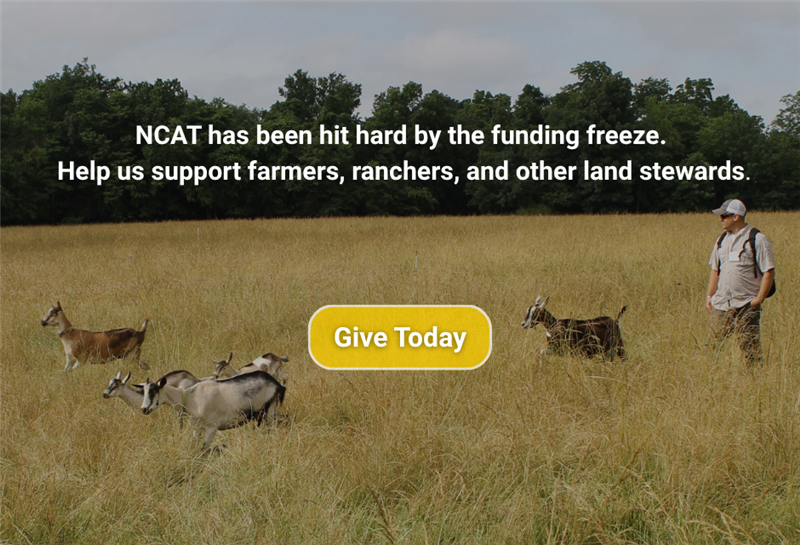Tag Archive for: Water
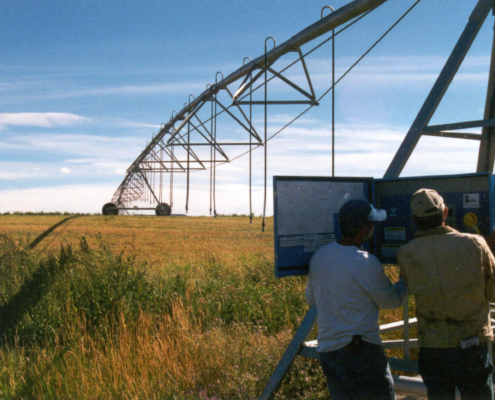 Mike Morris, NCAT
https://attra.ncat.org/wp-content/uploads/2022/01/irrigation-system-scaled-1.jpg
1933
2560
NCAT IT
/wp-content/uploads/2022/06/ATTRAlogo_RGB-340x156.png
NCAT IT2022-06-29 15:38:302024-01-10 11:27:58Soil Moisture Monitoring: Low-Cost Tools and Methods
Mike Morris, NCAT
https://attra.ncat.org/wp-content/uploads/2022/01/irrigation-system-scaled-1.jpg
1933
2560
NCAT IT
/wp-content/uploads/2022/06/ATTRAlogo_RGB-340x156.png
NCAT IT2022-06-29 15:38:302024-01-10 11:27:58Soil Moisture Monitoring: Low-Cost Tools and Methods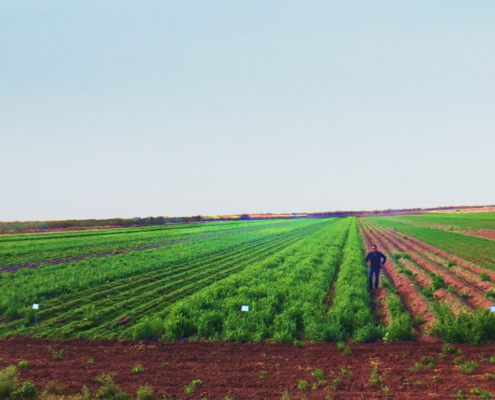 https://attra.ncat.org/wp-content/uploads/2022/02/cover-crop-plots.png
1045
2000
NCAT IT
/wp-content/uploads/2022/06/ATTRAlogo_RGB-340x156.png
NCAT IT2022-06-28 17:01:112024-05-29 12:09:34Agriculture, Climate Disruption, and Carbon Sequestration
https://attra.ncat.org/wp-content/uploads/2022/02/cover-crop-plots.png
1045
2000
NCAT IT
/wp-content/uploads/2022/06/ATTRAlogo_RGB-340x156.png
NCAT IT2022-06-28 17:01:112024-05-29 12:09:34Agriculture, Climate Disruption, and Carbon Sequestration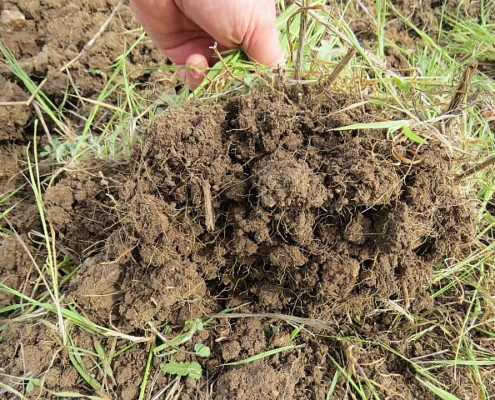 https://attra.ncat.org/wp-content/uploads/2022/04/healthy-soil.jpg
480
640
NCAT IT
/wp-content/uploads/2022/06/ATTRAlogo_RGB-340x156.png
NCAT IT2022-06-28 12:34:042023-08-09 14:23:21Building Healthy Pasture Soils
https://attra.ncat.org/wp-content/uploads/2022/04/healthy-soil.jpg
480
640
NCAT IT
/wp-content/uploads/2022/06/ATTRAlogo_RGB-340x156.png
NCAT IT2022-06-28 12:34:042023-08-09 14:23:21Building Healthy Pasture Soils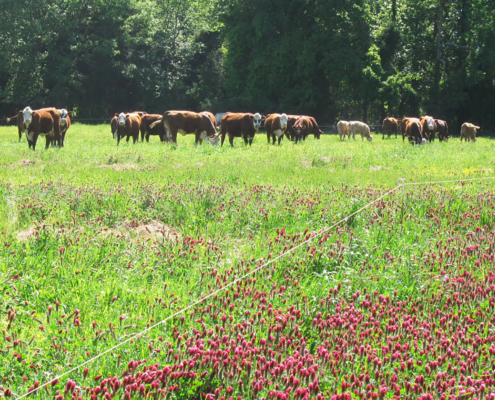 https://attra.ncat.org/wp-content/uploads/2022/04/cattle-grazing-divrse-forage-copy.jpg
1500
2000
NCAT IT
/wp-content/uploads/2022/06/ATTRAlogo_RGB-340x156.png
NCAT IT2022-06-28 11:35:112024-01-10 11:53:17Nutrient Cycling in Pastures
https://attra.ncat.org/wp-content/uploads/2022/04/cattle-grazing-divrse-forage-copy.jpg
1500
2000
NCAT IT
/wp-content/uploads/2022/06/ATTRAlogo_RGB-340x156.png
NCAT IT2022-06-28 11:35:112024-01-10 11:53:17Nutrient Cycling in Pastures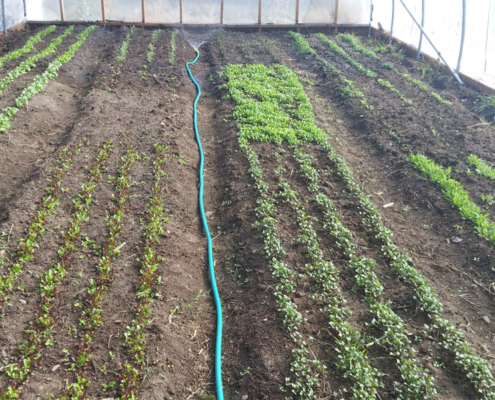
Episode 253. How to Conserve Water at an Urban, Mountain Desert Farm
NCAT’s headquarters in Butte, Montana, has a complicated growing climate to say the least. That makes John Wallace’s job as farm manager of NCAT’s Small-Scale Intensive Farm Training program – or SIFT – challenging as well.
John Wallace and Victorian Smart
John Wallace and Victorian Smart

Assessing Soil Health on Grazing Lands Using a Shovel and a Knife
Did you know you can do a soil health assessment on your own pasture without having to send in soil samples to a laboratory? And this assessment costs only your time because it requires no special tools. Using the senses of sight, smell, and touch, along with very simple hand tools — a shovel and a knife — you can determine the health of the soil in your pasture in less than 30 minutes.
By Justin Morris, NCAT Regenerative Grazing Specialist
By Justin Morris, NCAT Regenerative Grazing Specialist
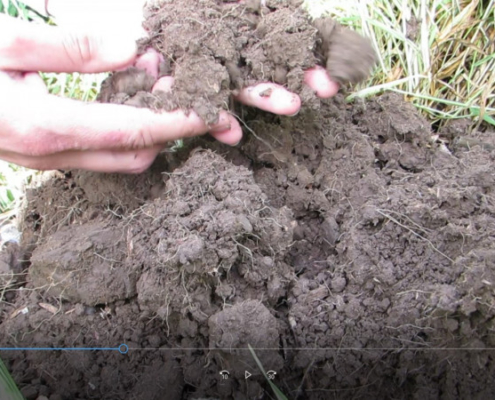
How to Assess Soil Health on Grazing Lands Using a Shovel and a Knife
In this video, NCAT Regenerative Grazing Specialist Justin Morris…
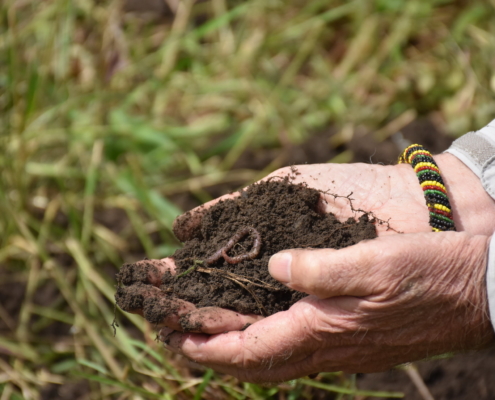 USDA NRCS
USDA NRCSWatch: NCAT Releases Soil Health 101 Series
In a new video series: Soil Health 101: Principles for Livestock…

Soil Health 101: Principles for Livestock Production
In this webinar, NCAT Sustainable Agriculture Specialist Nina…
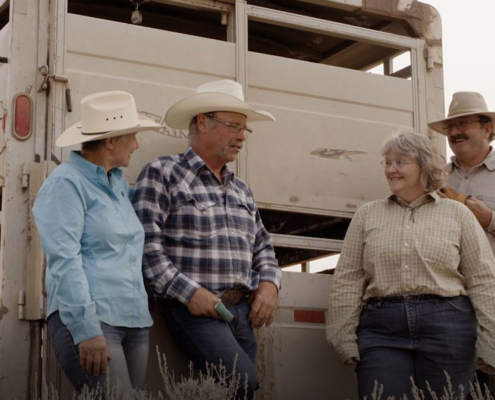
Episode 241. NCAT’s Soil for Water Project to Connect a Community of Regenerators
The National Center for Appropriate Technology has officially re-launched its Soil for Water project, opening access to the free, voluntary network to all commercial farmers, ranchers, and land managers across the United States. Soil for Water aims to connect farmers, ranchers, and land managers who are interested in land management practices that improve soil health, catch more water in soil, reduce erosion, sustain diverse plant and animal life, and filter out pollutants all while sustaining a profitable business.
NCAT Communications Director Emilie Ritter Saunders and NCAT Regenerative Grazing Specialist Linda Poole
NCAT Communications Director Emilie Ritter Saunders and NCAT Regenerative Grazing Specialist Linda Poole
Tag Archive for: Water
 Mike Morris, NCAT
https://attra.ncat.org/wp-content/uploads/2022/01/irrigation-system-scaled-1.jpg
1933
2560
NCAT IT
/wp-content/uploads/2022/06/ATTRAlogo_RGB-340x156.png
NCAT IT2022-06-29 15:38:302024-01-10 11:27:58Soil Moisture Monitoring: Low-Cost Tools and Methods
Mike Morris, NCAT
https://attra.ncat.org/wp-content/uploads/2022/01/irrigation-system-scaled-1.jpg
1933
2560
NCAT IT
/wp-content/uploads/2022/06/ATTRAlogo_RGB-340x156.png
NCAT IT2022-06-29 15:38:302024-01-10 11:27:58Soil Moisture Monitoring: Low-Cost Tools and Methods https://attra.ncat.org/wp-content/uploads/2022/02/cover-crop-plots.png
1045
2000
NCAT IT
/wp-content/uploads/2022/06/ATTRAlogo_RGB-340x156.png
NCAT IT2022-06-28 17:01:112024-05-29 12:09:34Agriculture, Climate Disruption, and Carbon Sequestration
https://attra.ncat.org/wp-content/uploads/2022/02/cover-crop-plots.png
1045
2000
NCAT IT
/wp-content/uploads/2022/06/ATTRAlogo_RGB-340x156.png
NCAT IT2022-06-28 17:01:112024-05-29 12:09:34Agriculture, Climate Disruption, and Carbon Sequestration https://attra.ncat.org/wp-content/uploads/2022/04/healthy-soil.jpg
480
640
NCAT IT
/wp-content/uploads/2022/06/ATTRAlogo_RGB-340x156.png
NCAT IT2022-06-28 12:34:042023-08-09 14:23:21Building Healthy Pasture Soils
https://attra.ncat.org/wp-content/uploads/2022/04/healthy-soil.jpg
480
640
NCAT IT
/wp-content/uploads/2022/06/ATTRAlogo_RGB-340x156.png
NCAT IT2022-06-28 12:34:042023-08-09 14:23:21Building Healthy Pasture Soils https://attra.ncat.org/wp-content/uploads/2022/04/cattle-grazing-divrse-forage-copy.jpg
1500
2000
NCAT IT
/wp-content/uploads/2022/06/ATTRAlogo_RGB-340x156.png
NCAT IT2022-06-28 11:35:112024-01-10 11:53:17Nutrient Cycling in Pastures
https://attra.ncat.org/wp-content/uploads/2022/04/cattle-grazing-divrse-forage-copy.jpg
1500
2000
NCAT IT
/wp-content/uploads/2022/06/ATTRAlogo_RGB-340x156.png
NCAT IT2022-06-28 11:35:112024-01-10 11:53:17Nutrient Cycling in Pastures
Episode 253. How to Conserve Water at an Urban, Mountain Desert Farm
NCAT’s headquarters in Butte, Montana, has a complicated growing climate to say the least. That makes John Wallace’s job as farm manager of NCAT’s Small-Scale Intensive Farm Training program – or SIFT – challenging as well.
John Wallace and Victorian Smart
John Wallace and Victorian Smart

Assessing Soil Health on Grazing Lands Using a Shovel and a Knife
Did you know you can do a soil health assessment on your own pasture without having to send in soil samples to a laboratory? And this assessment costs only your time because it requires no special tools. Using the senses of sight, smell, and touch, along with very simple hand tools — a shovel and a knife — you can determine the health of the soil in your pasture in less than 30 minutes.
By Justin Morris, NCAT Regenerative Grazing Specialist
By Justin Morris, NCAT Regenerative Grazing Specialist

How to Assess Soil Health on Grazing Lands Using a Shovel and a Knife
In this video, NCAT Regenerative Grazing Specialist Justin Morris…
 USDA NRCS
USDA NRCSWatch: NCAT Releases Soil Health 101 Series
In a new video series: Soil Health 101: Principles for Livestock…

Soil Health 101: Principles for Livestock Production
In this webinar, NCAT Sustainable Agriculture Specialist Nina…

Episode 241. NCAT’s Soil for Water Project to Connect a Community of Regenerators
The National Center for Appropriate Technology has officially re-launched its Soil for Water project, opening access to the free, voluntary network to all commercial farmers, ranchers, and land managers across the United States. Soil for Water aims to connect farmers, ranchers, and land managers who are interested in land management practices that improve soil health, catch more water in soil, reduce erosion, sustain diverse plant and animal life, and filter out pollutants all while sustaining a profitable business.
NCAT Communications Director Emilie Ritter Saunders and NCAT Regenerative Grazing Specialist Linda Poole
NCAT Communications Director Emilie Ritter Saunders and NCAT Regenerative Grazing Specialist Linda Poole

